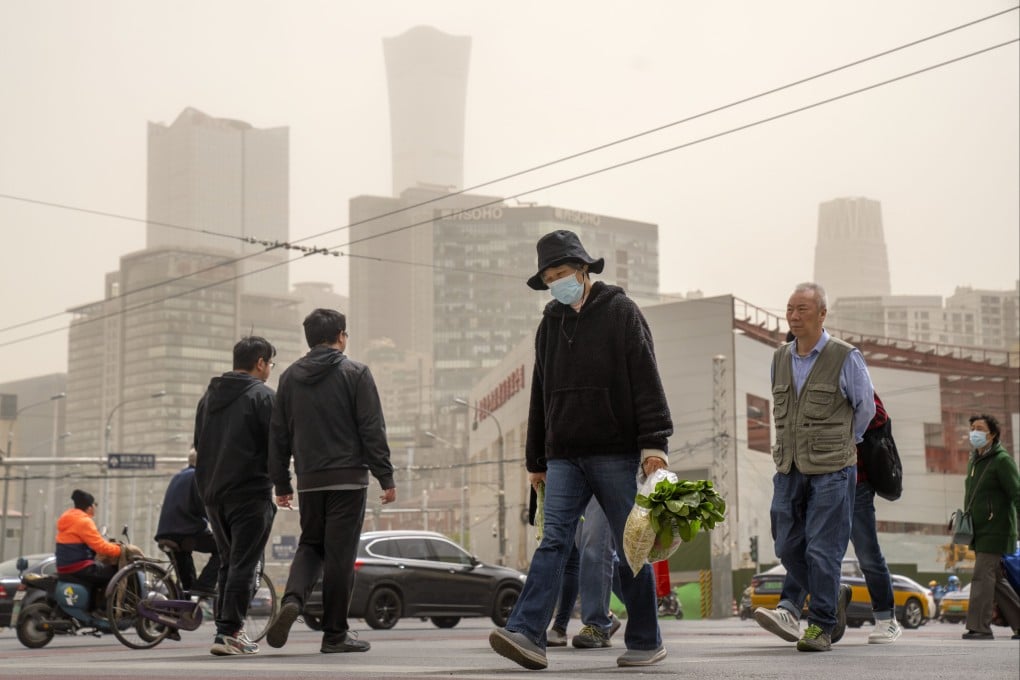Chinese scientists find small air pollution particles such as PM2.5 can act as ‘Trojan horse’ for viruses
- Study in mice indicates pollution-borne pathogens can reach deep into the lungs and attack more distant organs through the bloodstream
- Researchers said results give ‘further urgency’ to air quality management and pollution reduction policies

Co-author Fang Min, a researcher with the academy’s Institute of Microbiology, said that in addition to the harmful effects of air pollution particles on human health, they could also be loading up with pathogenic microorganisms that cause infections.
The researchers observed that particle-borne viruses could travel deep into the respiratory system of mice and reach as far as more distant organs, such as the liver, spleen and kidneys.
Fang said that, while the team observed the phenomenon in animal experiments, it may also apply to humans because “the pathways by which animals are infected with pathogenic microorganisms are similar to those of humans”.
“On smog days, we can easily catch a cold or have severe symptoms … because the viruses are absorbed into the air pollution particles, which facilitates the spread of the virus,” she said.
